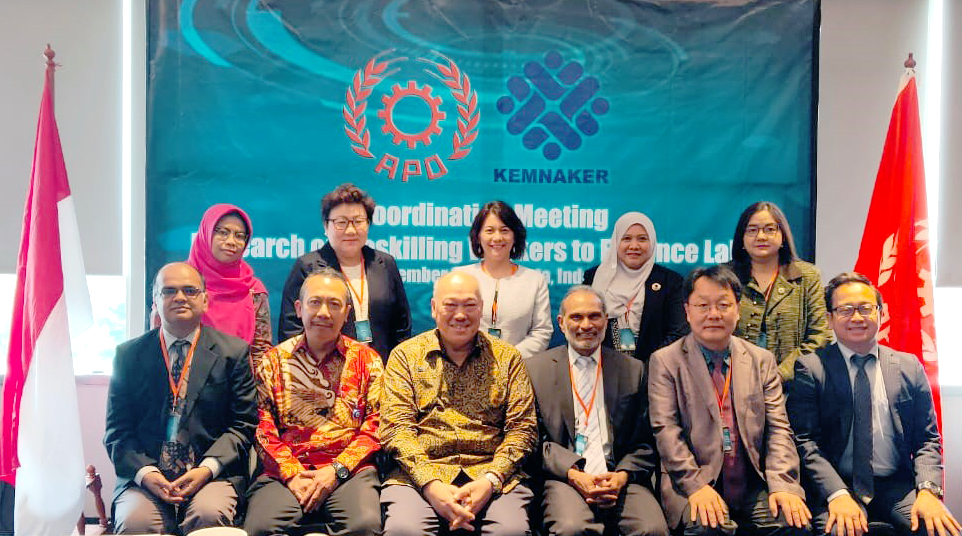
Select Page
 The adoption of new technology and human resources management practices changes the nature of work and the demand for skills. As in all previous eras of technological change, machines are replacing many jobs while creating others that call for different, sometimes completely new, skills. Skill supply and demand is thus always in a state of flux. Industries that are first adopters of technology are where we first see changes in skill requirements, with others following gradually. Even with the need for different skills resulting from the adoption of innovative technology and human resources practices, current skills will continue to be in demand, not only due to expanding employment but also to replace workers who retire or leave occupations.
The adoption of new technology and human resources management practices changes the nature of work and the demand for skills. As in all previous eras of technological change, machines are replacing many jobs while creating others that call for different, sometimes completely new, skills. Skill supply and demand is thus always in a state of flux. Industries that are first adopters of technology are where we first see changes in skill requirements, with others following gradually. Even with the need for different skills resulting from the adoption of innovative technology and human resources practices, current skills will continue to be in demand, not only due to expanding employment but also to replace workers who retire or leave occupations.
While improving efficiency and productivity, new technologies can have negative effects, such as job losses for workers whose skills do not match changing requirements. Such structural unemployment is a concern for policymakers. Its mitigation takes concerted efforts by multiple actors in the labor market, including individuals, employers, and governments. An inclusive national reskilling strategy, ensuring that workers have opportunities to either broaden or deepen their existing sets of skills to match those demanded in the emerging labor market, is critical for easing structural labor adjustments. A national reskilling strategy must be dynamic so that it can be easily adjusted to accommodate changing labor and training needs.
The APO launched a research project on Reskilling Workers for Enhancing Labor Productivity at a coordination meeting organized in collaboration with the NPO of Indonesia, 4–6 December 2019 in Jakarta. Five national experts from India, Indonesia, Malaysia, the Philippines, and Thailand, guided by chief experts from Australia and the ROK, are participating in the research. The meeting agreed that the final draft report would be delivered by September 2020.
The objectives are identifying sustainable, inclusive models of reskilling and upskilling the existing workforce in APO members, including groups at risk of missing out on such opportunities. The research report will document innovative models of reskilling and upskilling for improving productivity while protecting livelihoods in APO member countries. Recommendations on how those models could be applied in different employment contexts will be incorporated in the publication.